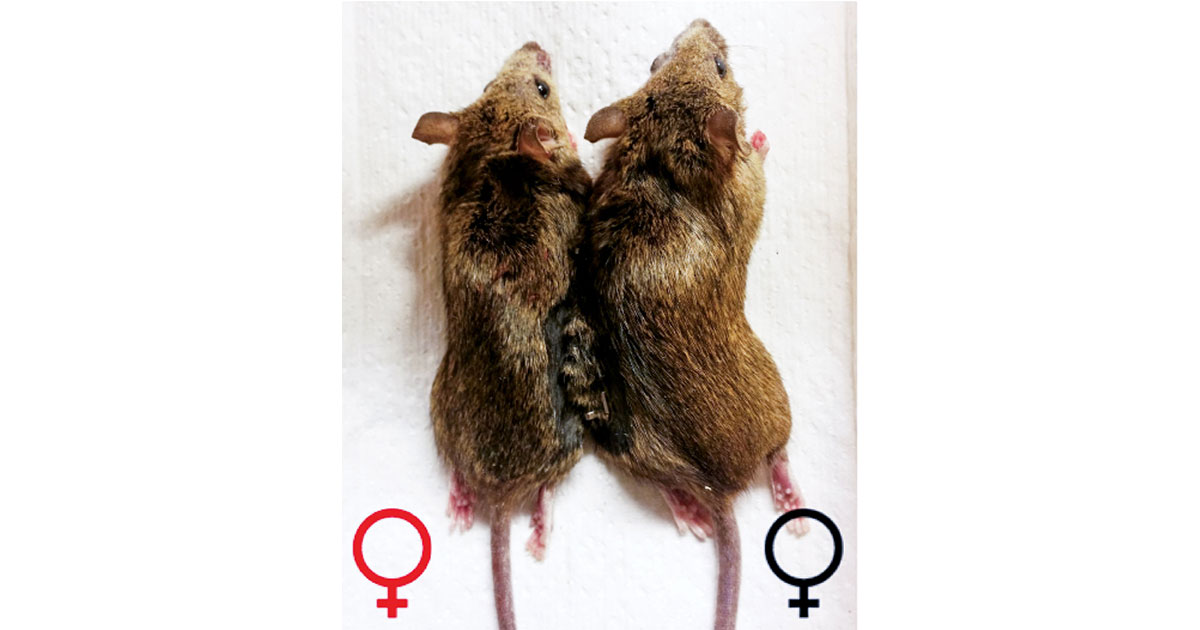Advertisement
Grab your lab coat. Let's get started
Welcome!
Welcome!
Create an account below to get 6 C&EN articles per month, receive newsletters and more - all free.
It seems this is your first time logging in online. Please enter the following information to continue.
As an ACS member you automatically get access to this site. All we need is few more details to create your reading experience.
Not you? Sign in with a different account.
Not you? Sign in with a different account.
ERROR 1
ERROR 1
ERROR 2
ERROR 2
ERROR 2
ERROR 2
ERROR 2
Password and Confirm password must match.
If you have an ACS member number, please enter it here so we can link this account to your membership. (optional)
ERROR 2
ACS values your privacy. By submitting your information, you are gaining access to C&EN and subscribing to our weekly newsletter. We use the information you provide to make your reading experience better, and we will never sell your data to third party members.
Biological Chemistry
Groping Your Way Out Of An Anesthetic Fog
January 7, 2008
| A version of this story appeared in
Volume 86, Issue 1
One popular hypothesis holds that a patient emerges from an anesthetized state simply because the anesthetic drug is eliminated from the neurological site of action. But new evidence indicates that patient recovery is more complicated than a mere reversal of anesthetic-induced unconsciousness. Max B. Kelz of the University of Pennsylvania and colleagues have determined that emerging from general anesthesia depends on neuropeptides named orexins (Proc. Natl. Acad. Sci. USA, DOI: 10.1073/pnas.0707146105). Produced by neurons in the brain, these compounds play a key role in promoting and maintaining normal wakefulness. The researchers also determined that inhibiting orexins had no effect on initiating anesthesia. The findings indicate that "the neural substrates governing transitions into and out of the anesthetized state need not be identical," they write. "Other currently unrecognized neuronal groups may play a critical role in mediating behavioral state transitions like general anesthesia or sleep in which consciousness is transiently yet reversibly impaired."




Join the conversation
Contact the reporter
Submit a Letter to the Editor for publication
Engage with us on Twitter